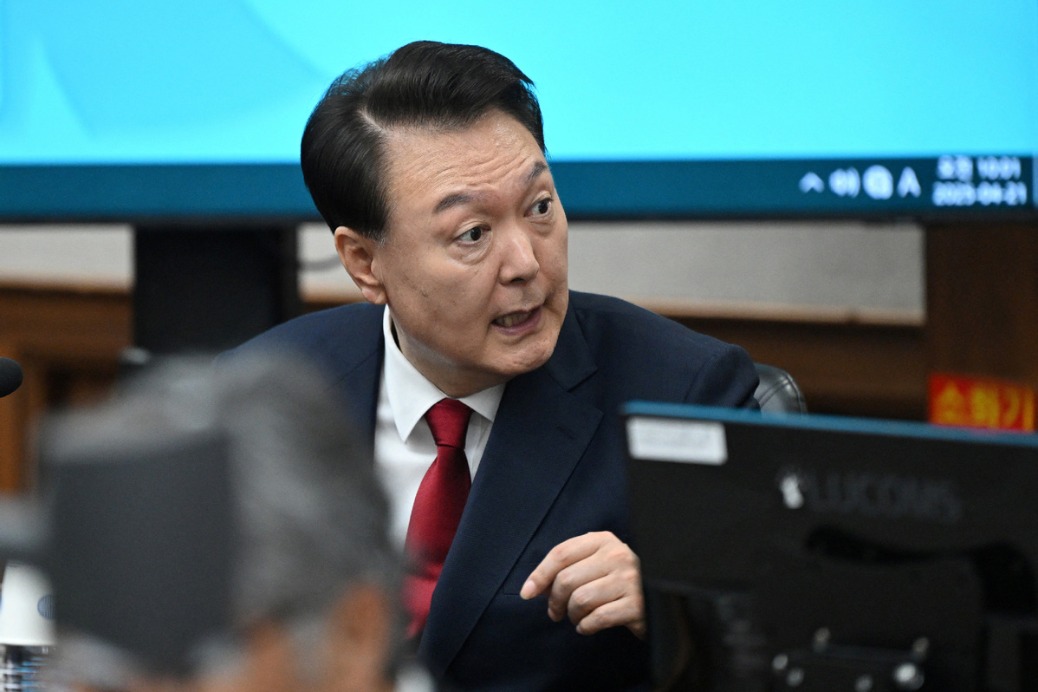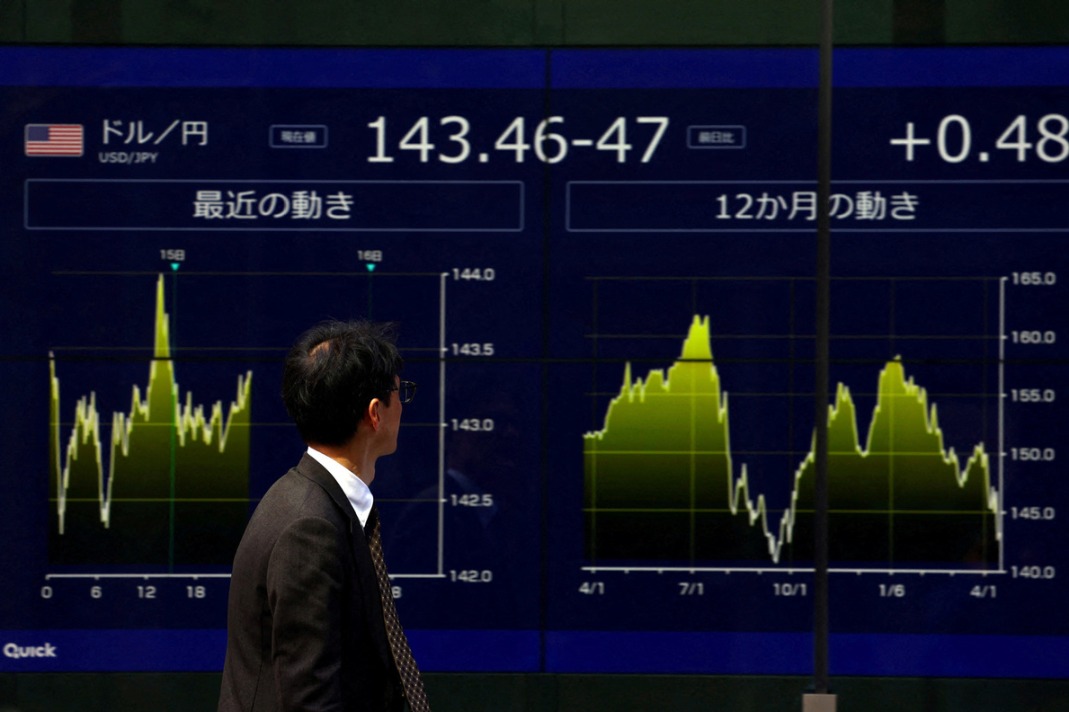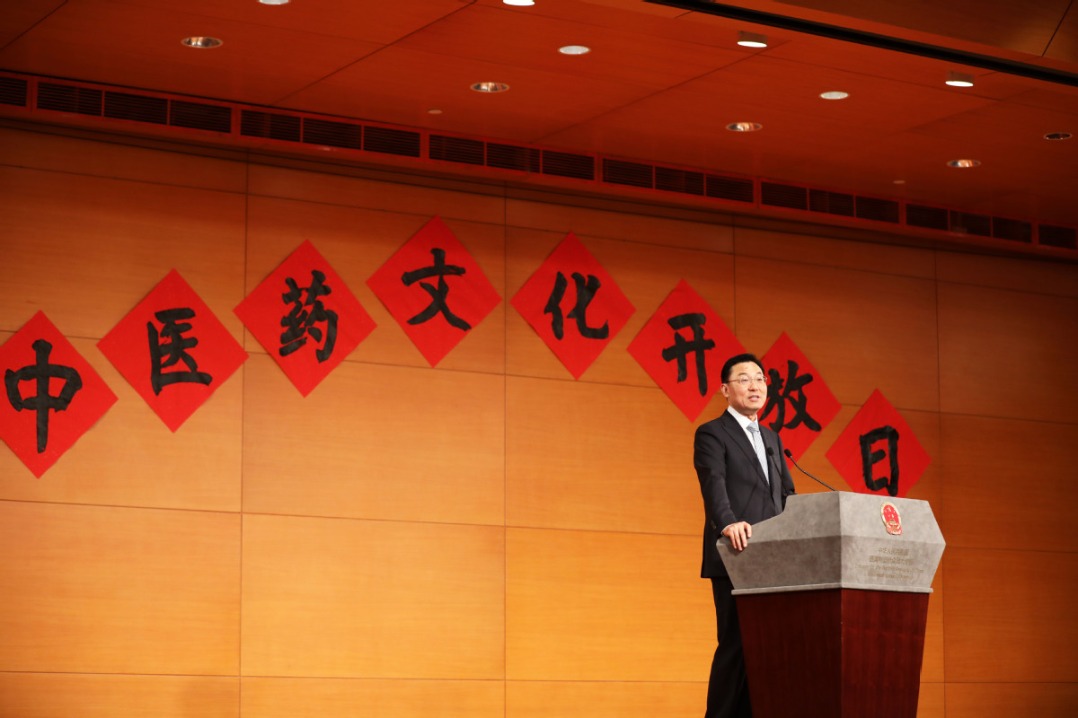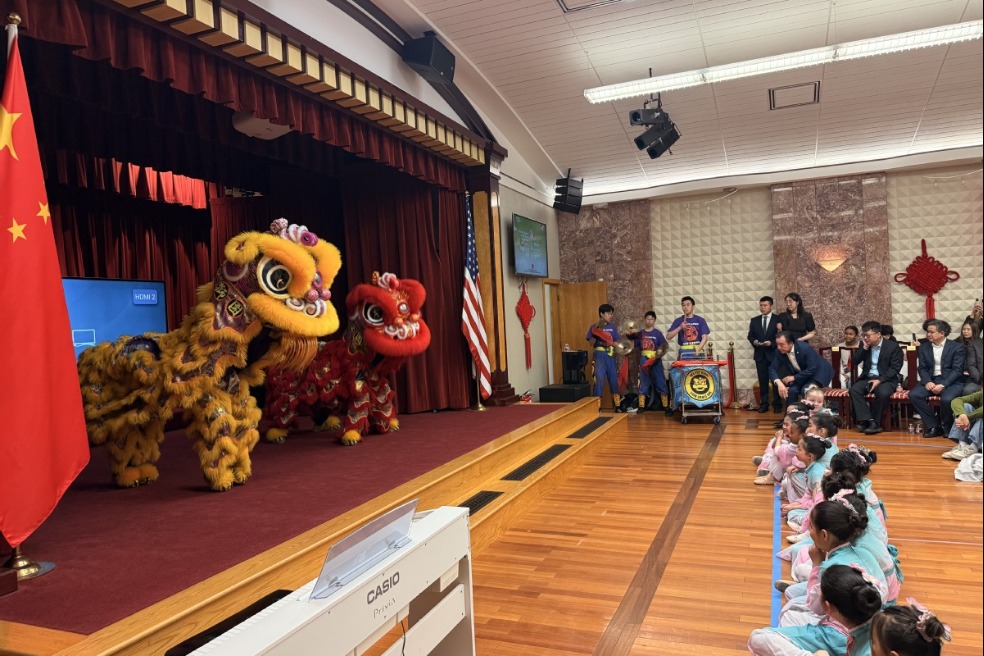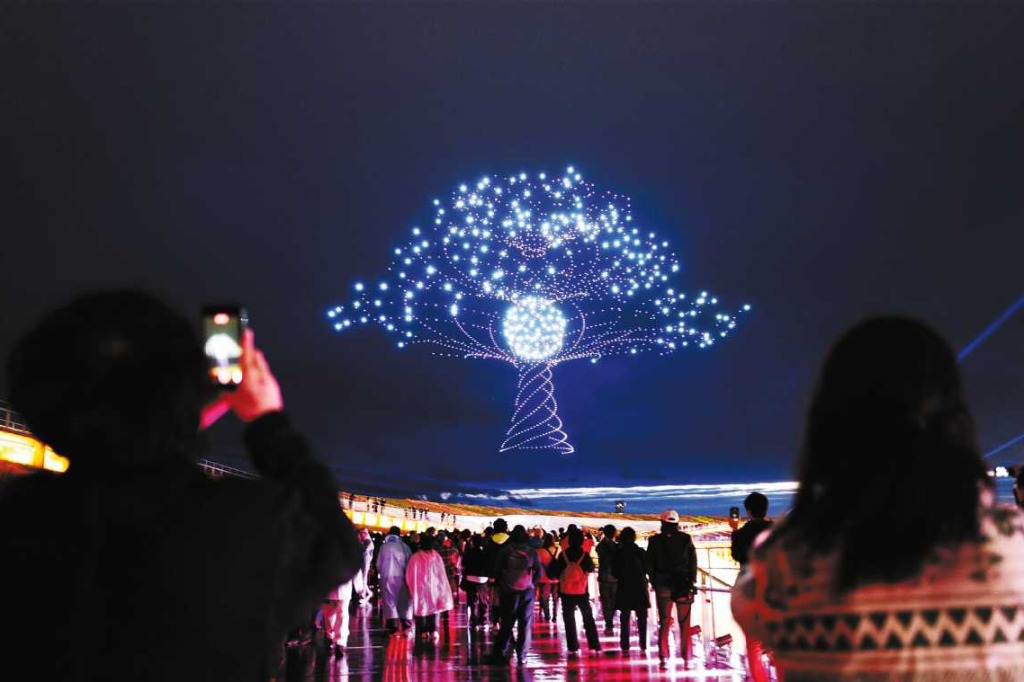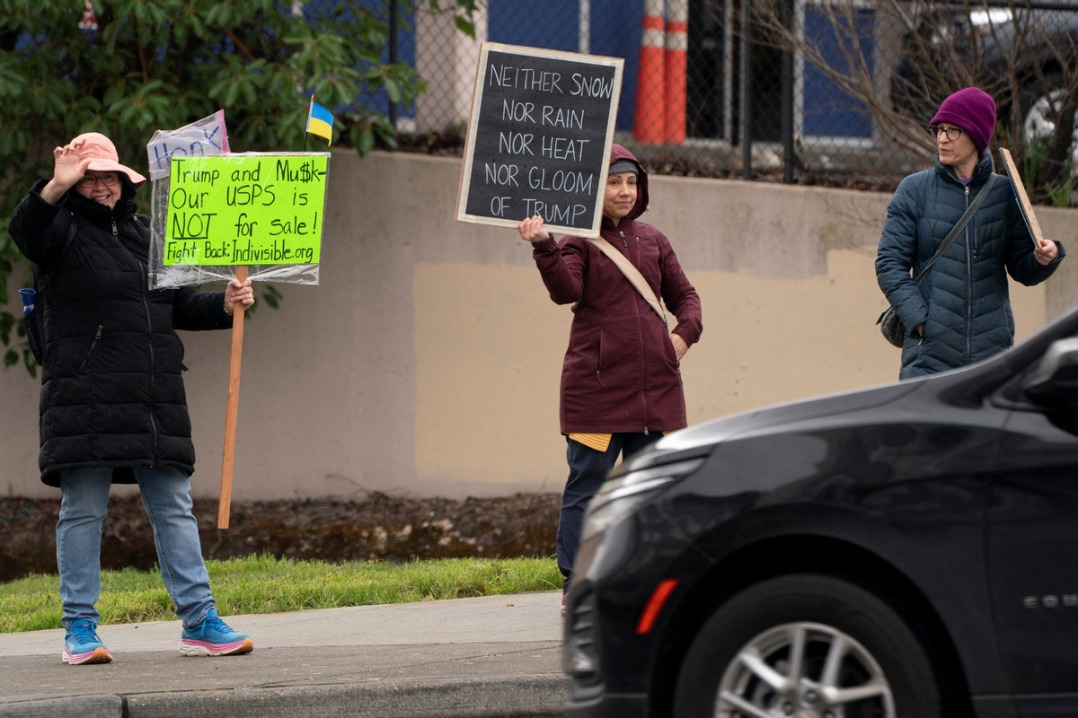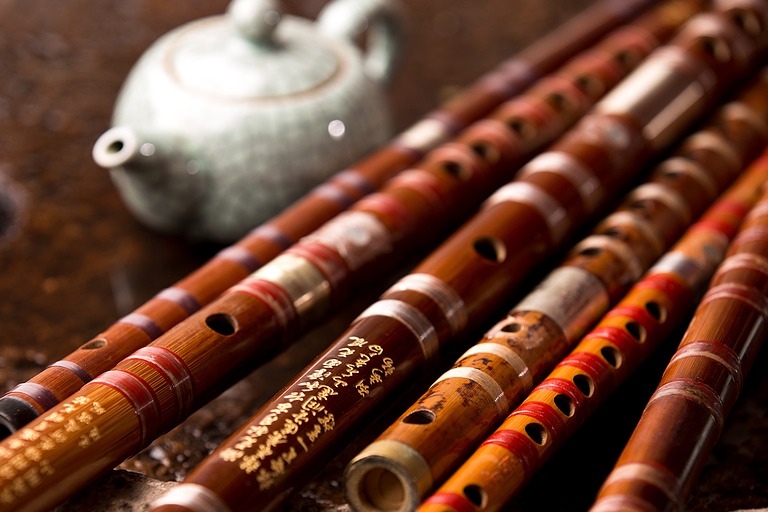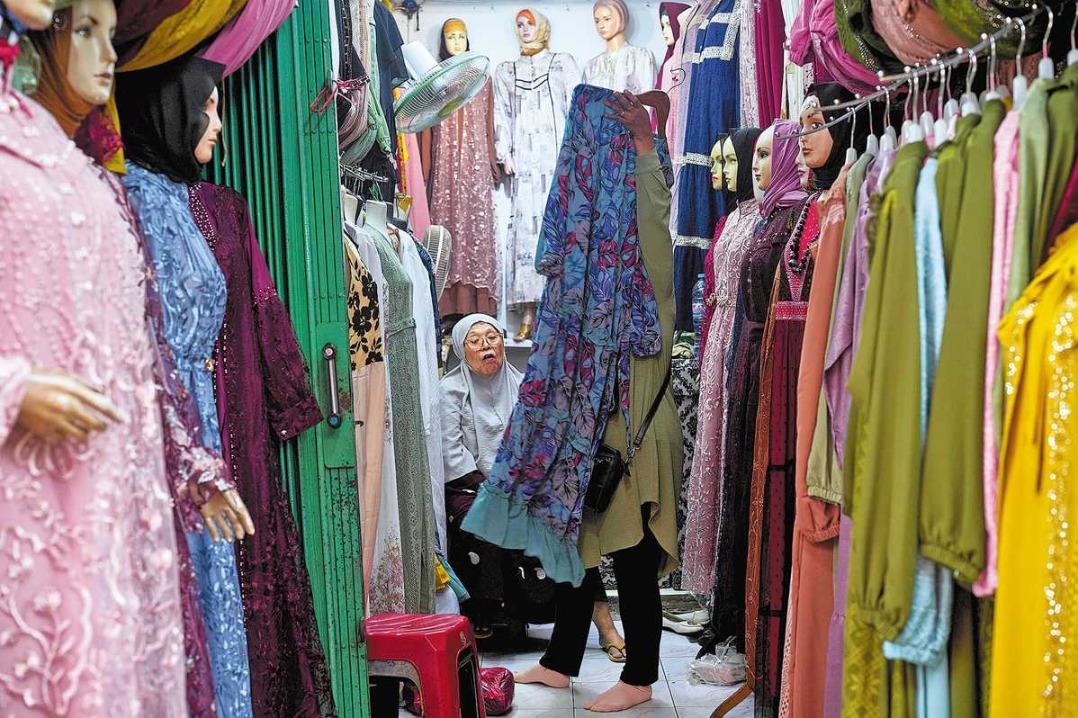Iran-US nuclear talks in 'technical phase' after Rome meeting

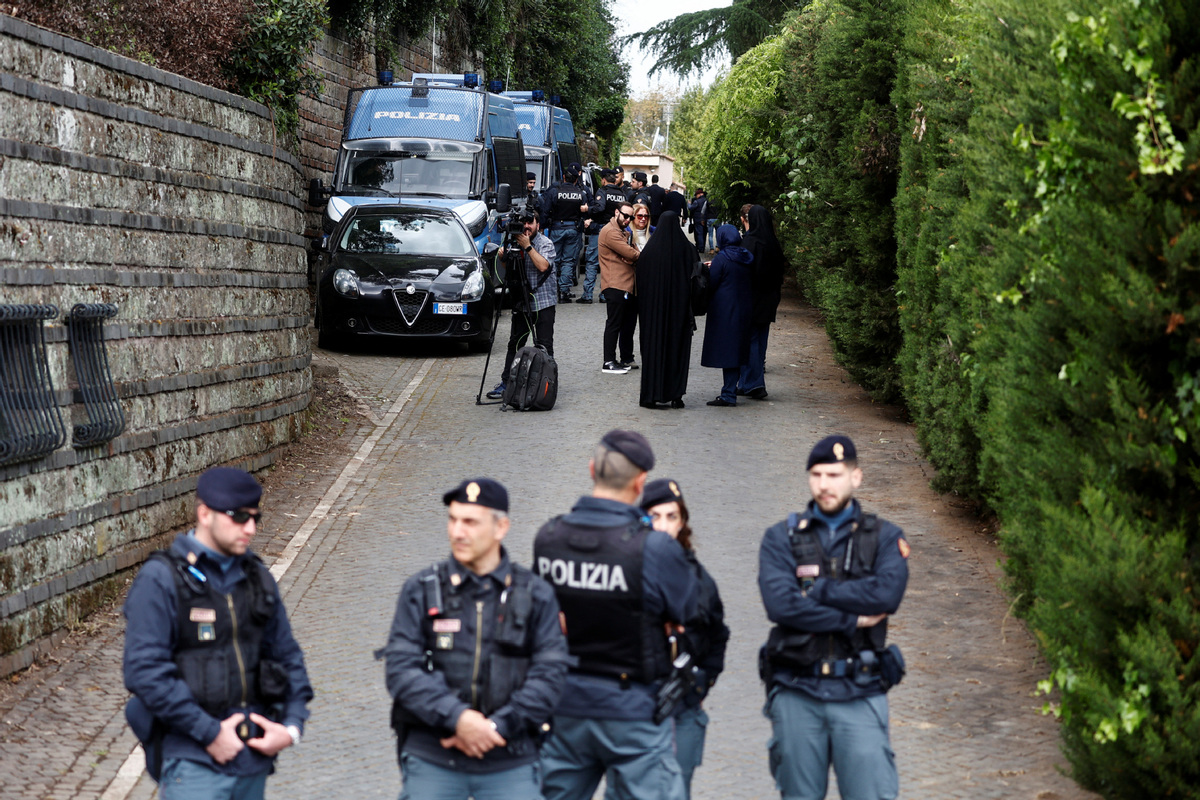
Iran and the United States have completed a second round of indirect nuclear negotiations in Rome, which Teheran said were held in a "constructive" atmosphere. Further meetings are planned next week in Oman, transitioning negotiations into a new "technical" phase.
Saturday's talks at the Omani embassy in Italy marked a historic moment, given the decades of enmity between the two sides since 1979, as US President Donald Trump seeks to secure a rapid deal to halt Iran's nuclear development program while threatening military action against it.
Iranian Foreign Minister Abbas Araghchi described the four-hour meeting as "good and forward-moving", saying negotiations would move to the next phase with technical talks held at the "expert level" on Wednesday in Oman.
"This time we managed to reach a better understanding on a series of principles and goals," he told Iran's state TV.
He added that he and US Special Envoy to the Middle East Steve Witkoff would conduct a third round of indirect talks next Saturday in Muscat to discuss the results of a framework for a potential new deal.
A senior US official later confirmed the "very good progress", adding that the two sides have agreed to meet again next week, Agence France-Presse reported.
On Saturday, Araghchi and Witkoff spoke indirectly — with Omani Foreign Minister Badr al-Busaidi shuttling between them in different rooms.
Echoing cautious comments last week from Supreme Leader Ali Khamenei, Araghchi added, "We cannot say for certain that we are optimistic. We are acting very cautiously. There is no reason either to be overly pessimistic."
In a statement on Saturday, the Omani Foreign Ministry outlined further details about the talks.
The two sides "have agreed to enter into the next phase of discussions to seal a fair, enduring and binding deal which will ensure Iran is completely free of nuclear weapons and sanctions, while maintaining its ability to develop peaceful nuclear energy", the ministry said on X.
A spokesperson from the Omani Foreign Ministry said that dialogue and clear communication remain essential to achieving "a mutually credible agreement and understanding for the benefit of all concerned regionally and internationally."
In July 2015, Iran signed a landmark nuclear deal, formally known as the Joint Comprehensive Plan of Action, with world powers including the US, accepting restrictions on its nuclear program in return for sanctions relief.
However, Trump withdrew from it in 2018 in his first term, prompting Iran to scale back some of its commitments. After returning to office this year, Trump revived his "maximum pressure" of sanctions against Iran.
Shuttle diplomacy
Saturday's talks in Rome also came amid a flurry of diplomatic activity.
Saudi Arabia's Defense Minister, Prince Khalid bin Salman, visited Teheran on Thursday, delivering a personal message from King Salman to Khamenei. He also met Iran's President, Masoud Pezeshkian.
Iran's Ambassador to Saudi Arabia, Ali Enayati, described Prince Khalid's visit as a key milestone in deepening regional cooperation and advancing Iran-Saudi relations.
In an interview with Asharq Al-Awsat, Enayati said the region is in urgent need of greater solidarity and collaboration among countries — particularly between Teheran and Riyadh. "Security and stability in the region can only be achieved through joint efforts by all regional nations. It's time they come together and shape their future with their own hands," he said.
At the same time, Araghchi visited Moscow and met with Russian President Vladimir Putin.
Washington has long accused Iran of seeking to acquire nuclear weapons — an allegation Teheran has consistently denied, insisting that its program is for peaceful civilian purposes.
A senior Iranian official on Friday listed its red lines as never agreeing to dismantle its uranium enriching centrifuges, halt enrichment altogether or reduce its enriched uranium stockpile below levels agreed in the 2015 deal.
Ali Shamkhani, an adviser to Khamenei, wrote on X before the talks that Iran would not accept giving up its enrichment program like Libya, or agree to using uranium enriched abroad for its program. "Iran has come for a balanced agreement, not a surrender," he said.
As analysts had said the US would push to include discussions over Iran's ballistic missile program and its support for militants in the Middle East, Iranian officials insisted that the talks focus only on its nuclear program and lifting of sanctions.
Without disclosing much, Araghchi said a deal was "likely" if Washington refrained from "making unreasonable and unrealistic demands."
Meanwhile, Israeli Prime Minister Benjamin Netanyahu affirmed his commitment on Saturday to preventing Iran from obtaining nuclear weapons, declaring he would not waver in that effort.
"I'm committed to preventing Iran from obtaining nuclear weapons. I will not give up on this, I will not let go of it, and I will not retreat from it — not even by a millimeter," he said in a televised statement.
Agencies and Xinhua contributed to this story.

















